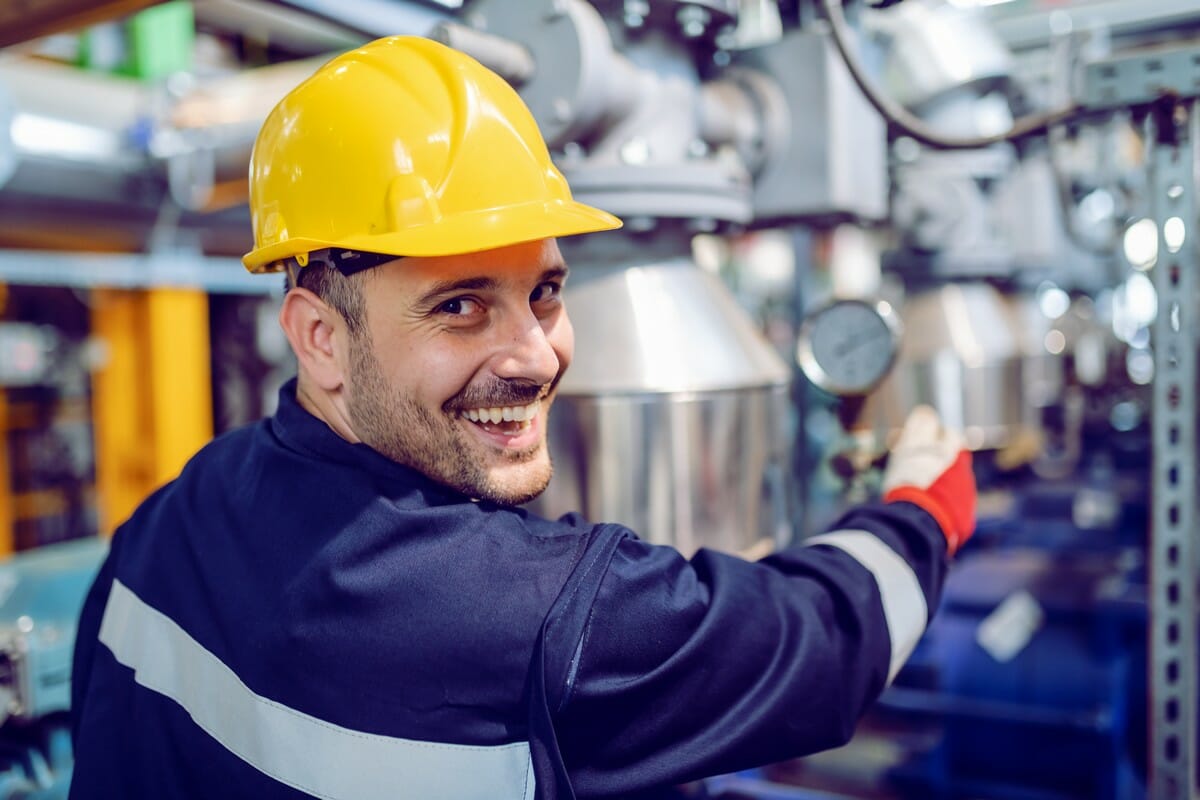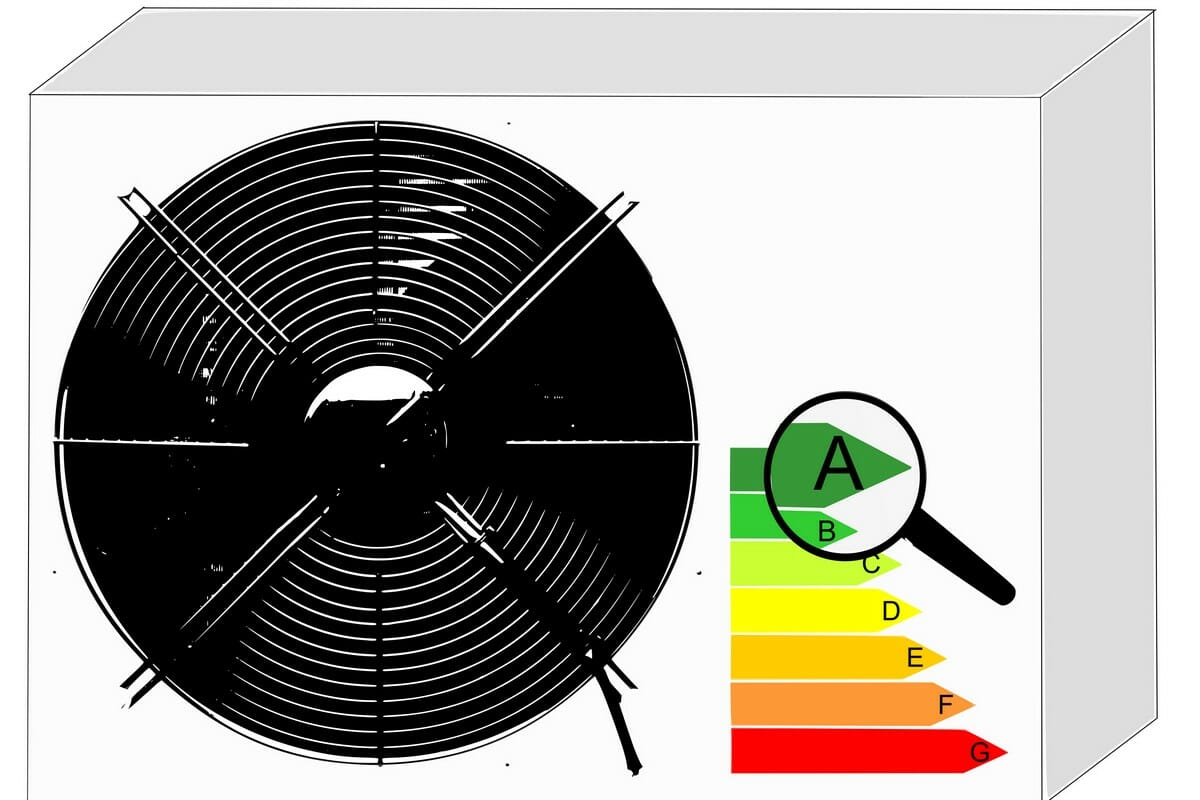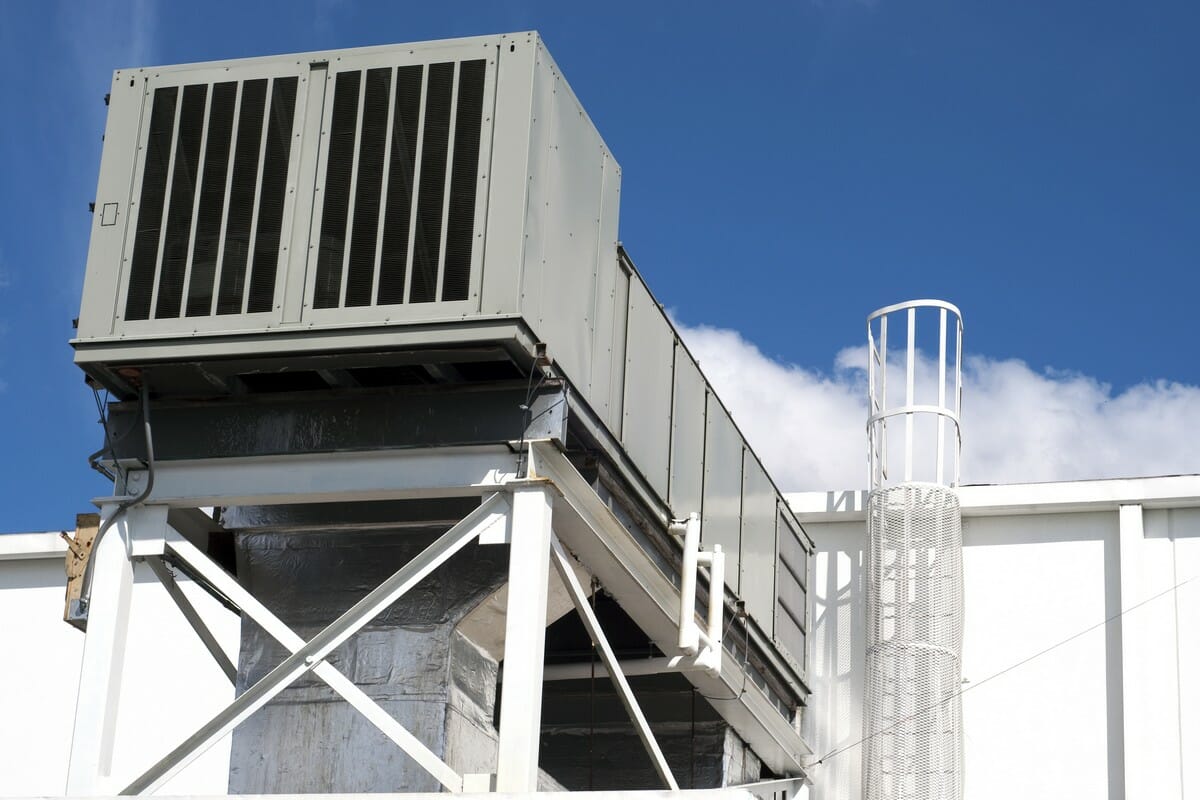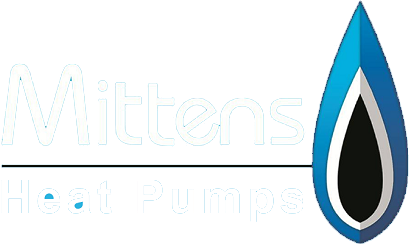Heat Pump Performance Considerations
Table of Contents
Heat pumps can reduce your energy bills and provide thermal comfort without any negative impact on the environment. However, before you invest in any heat pump, it makes sense to consider their performance through different seasons. This is very important when choosing a suitable heat pump system for your property.

As a matter of fact, when you decide to install any HVAC appliance, its specification should be at the forefront of your consideration.
Generally, high-end heat pumps will have higher energy efficiency but it’s better to always compare different brands and models by checking their specifications.
At The Mittens Heat Pumps UK, we educate our customers on the specifications of heat pumps in order to help them prioritise, save time, and choose the ideal heat pump system for their homes.
Our Guarantee
- Over Six Years Experience
- Unrivaled Experience
- An Exceptional Service
- Unbeatable Value For Money
- Industry-approved Scaffolders
- A Full Range of Heat Pumps Services
- Professional, Reliable and Diligent
- 100% Safety and Satisfaction
How Efficient is a Heat Pump?
The term “efficiency” should be left out when measuring the performance of heat pumps. That is because efficiency means an entirely different thing in thermodynamics. Rather, the term “Coefficient of Performance” or COP for short – a term specific to heat pumps – should be used.
Compared to electric resistance heaters, heat pumps are far more energy efficient. Owing to the fact that heat pumps use electricity to power the system only to generate heat, it’s efficiency rate is very high.
What is the Coefficient of Performance (COP)?
COP is the ratio of useful heating or cooling delivered, to the work required to produce the heat and provide cooling. In other words, it’s a measure of the capacity of a heat pump to produce heat in relation to the energy required to absorb the heat. The higher the COP, the lower the operating costs. Most heat pumps are powered by electricity.
Coefficient of Performance is used to describe the performance of heat pumps rather than “efficiency” because, thermodynamically, it is impossible to have an efficiency that’s greater than 100% (which is what heat pumps produce). For every 1KW of energy used, an air source heat pump, for example, will deliver about 3kW thermal energy in return. That’s 300%. Hence, the use of COP.
Using the air source heat pump example above, its “efficiency” is expressed as a COP of 3 instead of 300%. You should be aware, however, that the efficiency of heat pumps is not always constant; it fluctuates with the temperature outside. The system will become less efficient when the climate outside becomes cold.
We Are Also Available to Offer Heat Pumps Related Advice
Other Essential Performance Metrics of Heat Pumps you Should Know
While Coefficient of Performance (CoP) is commonly used and it is the most basic metric to measure the energy efficiency of heat engines, it’s important to be aware of and understand other metrics to help you compare different models of heat pumps effectively, as well as air conditioners and refrigerators.
Energy Efficiency Ratio (EER)
At a given operating point, EER measures the cooling capacity of a heat pump in relation to the electrical energy input. The higher your heat pump’s EER rating, the more efficient it is at space cooling. Generally, an EER rating of 12 or above is said to be energy efficient. However, when you compare two models, the one with the higher EER is more energy efficient, irrespective of whether it is above 12.
Seasonal Energy Efficiency Ratio (SEER)
SEER is used to measure the efficiency of cooling systems over the year. SEER is mainly used to rate air conditioners and air source heat pumps by looking at their performance across different air temperatures. The higher the SEER rating for the heat pump system the more energy efficient it is.
Seasonal Performance Factor (SPF)
Simply put, SPF measures how well an electrical heat pump performed over the year. It is expressed as the ratio of heat produced to the total energy consumed over the year. The higher your heat pump’s SPF value the more energy efficient it is. It should be noted that the SPF metric can only be applied to heat pumps.
Usually, a heat pump will have an SPF of 4 or above. When compared to gas and oil boilers which have an SPF of 0.7 – 0.9, heat pumps are more efficient.
Seasonal Coefficient of Performance (SCOP)
SCOP was introduced in 2013 to accurately measure the energy efficiency of heat pumps across seasons. That is, it measures the heating efficiency over the winter season and measures the cooling efficiency over the summer season. With SCOP, it’s easier to compare the efficiency of different models of heat pumps over the year.
For gas-powered heat pumps, the following metrics are used:
- Primary Energy Ratio (PER)
- Seasonal Primary Energy Ratio (SPER)

Improving the COP of Heat Pumps
Here are several ways to improve the COP of heat pumps:
- Whenever possible, go for ground source heat pumps. This is because they have a higher Coefficient of Performance than air source heat pumps. A ground source heat pump’s higher efficiency is based on the fact it absorbs heat from the ground which is a more stable provider of heat than air.
- Install larger radiators or make use of under-floor heating systems. This is to increase the surface area of the collection and emission points. In doing so, more heat can be absorbed and released quicker, resulting in heating up your home quicker.
- Install the right flooring for your underfloor heating systems. Solid floors are often better because they are better conductors of heat and can help to circulate heat quickly in the home. Wooden floors will reduce the efficiency as wood is a poor conductor of heat.
- Get your home well insulated. This is a given and can save you a lot of energy and prevent heat loss.
- Consider upgrading your pipes. Go for pipes with low-temperature materials.
- Using high-temperature pipes can cause massive heat loss while hot water is being delivered from the heat pump system to your appliance. Using low-temperature pipes will lead to an improvement in the efficiency of the overall system. Even more, your heat pump system will have to do less work.
Heat Pump Type
Using Heat Pumps when There is a High Temperature Differential
A high temperature differential occurs when the source of temperature used to heat a building is low, for example when the temperature of air outdoors is 0 °C when using an air source heat pump. When there is a temperature differential, the heat pump has to work more to transport the same amount of heat than it does on warmer days. And because there is a limit to the efficiency with which heat energy can be utilised (otherwise called Carnot Limit) the performance of the heat pump will drop as the temperature differential goes up.
Another issue is the possibility that some moisture may condense as the heat pump extracts heat from the air outside. This can freeze the heat exchanger in outdoor units. To remain operational and efficient, the system needs to defrost the ice at the heat exchanger regularly; this activity means extra energy consumption.
When the weather is very cold outdoors, it is better to simply generate heat by employing an alternative heating system such as a gas furnace, electric resistance heater, or oil furnace. Another advantage to using an alternative heating system is that your heat pump won’t have to work more and it will slow down the rate at which the heat pump’s compressor wears down.
Factors Affecting the Efficiency of Heat Pumps
There are several key factors that can affect the efficiency of heat pumps, namely:
The Design of the Evaporator and Condenser Heat Exchangers
The heat pump’s overall efficiency is affected by the design of evaporator and condenser heat exchanger components. The larger the heat exchanger, the more efficient the heat pump is.
The Design of the Compressor
The design of the compressor is another factor that affects the efficiency of heat pumps. The way a compressor is designed will determine how well it uses electricity to circulate refrigerant. Because of the cost and complexity of compressors, some heat pumps use less efficient compressors.
The Type of Compressor
There are three types of compressors used in heat pumps: single-stage compressors, two-stage compressors, and modulating compressors. Single-stage compressors are the least efficient while modulating compressors are the most efficient.
Because of the way single-stage compressors are designed, they lead to overheating and overcooling and consequently, wasted energy. Modulating compressors, on the other hand, are easier to control, so they don’t waste energy through overheating or overcooling.

The Type of Air Handler
Similar to single-stage compressors and modulating compressors, the type of air handler can affect the efficiency of heat pumps.
A variable-speed air handler is more ideal for heat pumps that typically produce low temperatures for long periods to supply warmth and cooling.
We Are Also Available to Offer Heat Pumps Related Advice
Operating and Maintaining Your Heat Pump
- The key to the constant, efficient operation of your heating and cooling systems is proper maintenance. A well-maintained heat pump will consume less energy while a neglected heat pump will consume more energy without you knowing until you get your electricity bills. Below are tips to help you keep your heat pump in great shape:
- Elevate your heat pump 4 to 8 inches above the ground. This will prevent ice from blocking the coils and allow the pump to drain properly.
- Do not constantly adjust your temperature as it can result in higher energy consumption and cost. Instead, set and leave the thermostat at one temperature.
- Do not set your thermostat below 65 degrees Fahrenheit (20 degrees Celsius) during the heating season.
- While in cooling mode, you should not set the thermostat below 70 degrees Fahrenheit. If you do, this can increase your energy bills and freeze the coil.
- Regularly clean or change your heat pump’s filters. The airflow of the system is lowered when filters, fans, and coils become dirty.
- And when the airflow is reduced, it affects the efficiency of the overall system. Even worse, it can damage the compressor.
- During winter, check the outdoor unit of the heat pump regularly for any ice or snow that may cover the system.
- As a best practice, always engage the services of a professional heat pump technician to service your heat pump at least once a year.
Talk to the Experts
It can seem challenging to choose a heat pump system that is perfectly suited for you. That is where the Mittens Heat Pumps UK comes in. The Mittens Heat Pumps is a well-established company that provides a professional, reliable service, and prompt heating and cooling system service in the UK.
All our heat pump technicians and installers are MCS-certified and we abide by the Renewable Energy Consumer Code. For more information on heat pumps, you can visit our local office, chat with us online or call on 01273257407 for a free, no-obligation quote.
Get in Touch With us for Your Heat Pump Hire Quotes
